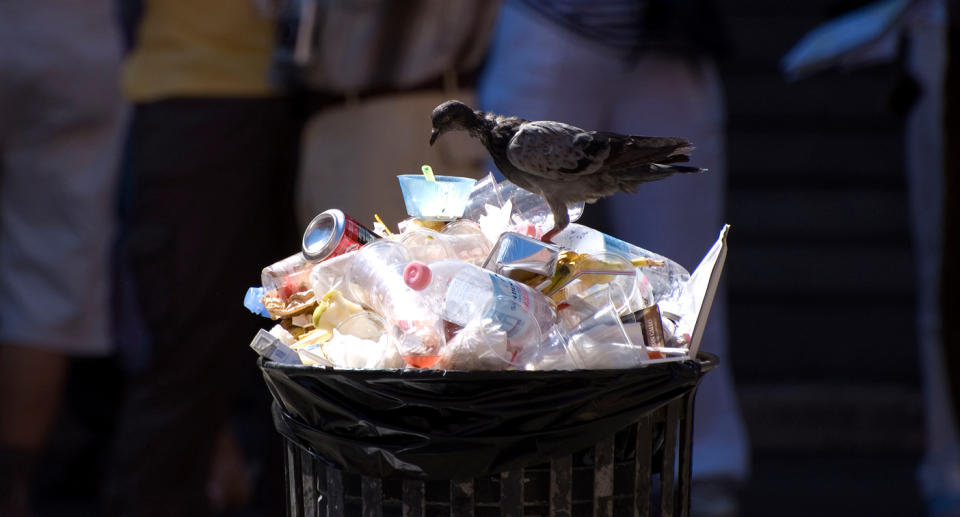Revealed: The staggering amount of food and drink we throw out
New research has revealed the average household in Victoria throws away more than $2000 worth of food each year, with the state’s food waste problem costing an estimated $5.4billion annually.
The findings released by Sustainability Victoria show parents with children and young people are key contributors to the issue.
Parents with children aged 16 and under were found to be highly likely to throw food out, with 42 per cent of the opinion their children are responsible for the waste.
Generation Z discard a reported $115 of food waste each week, while Baby Boomers reported just $17 of wastage each week.

Nearly half of the state’s population are not aware of how much money they are wasting, but 90 per cent do feel guilty about how much food they dispose of.
The findings were released on Tuesday as the organisation launched a new campaign – Love Food Hate Waste, Love a List – which encourages people to shop smarter to reduce waste and save money.
Sustainability Victoria CEO Stan Krpan said: “We know from previous research that households that use a shopping list reduce their food waste compared to those who don’t”.
“Through the Love Food Hate Waste, Love a List campaign, we’re giving Victorians the tools they need to reduce their food waste.”

According to the organisation there are three simple steps to help achieve smarter shopping.
Firstly, planning the week’s meals, secondly writing a list and finally eating what has been bought.


